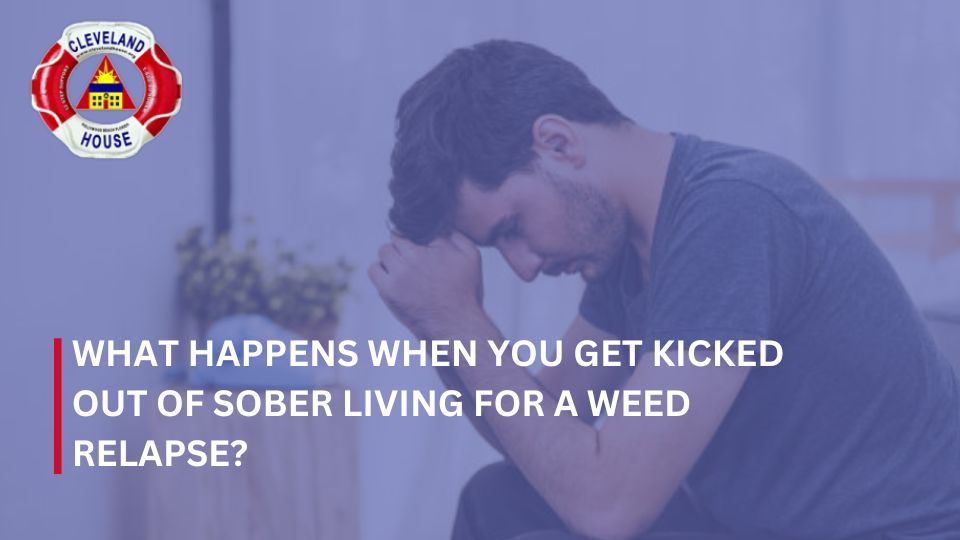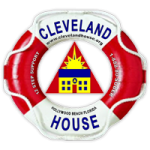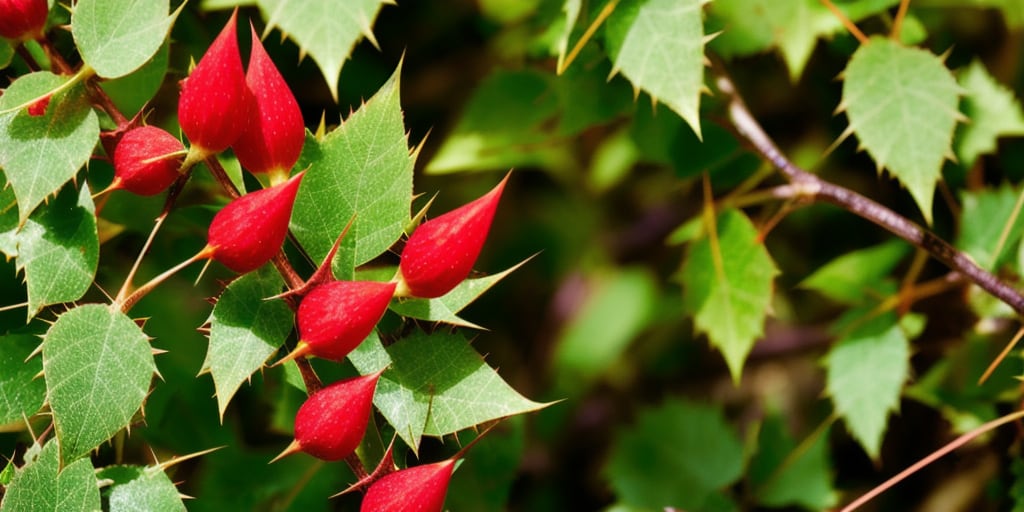
Quick Contact
Can I be sent back to a heroin addiction treatment center for a relapse on medical marijuana?
Addiction treatment programs have differing views on medical cannabis. Many substance abuse treatment program are 12-step based, which means that they will consider marijuana use to be a weed relapse.
In the Narcotics Anonymous program, and the Alcoholics Anonymous program, using any mind or mood altering substance constitutes a relapse. For example, if you have a year clean in NA, and you take a sip of beer, or a puff from a joint, your group will consider you to have relapsed, starting over with only one day clean.
Is it fair that a person who uses legal medical cannabis, recommended by a doctor, can be called out for relapsing? A person who completes alcohol rehab for alchol addiction may get their marijuana card from a doctor to treat anxiety, or chronic pain.
The rules of relapses in recovery seem simple at first, but they can be very complex. For example, if an NA member takes a prescribed opioid for pain, the rules are that medical treatment is an outside issue.
However, if the opioid happens to be methadone or buprenorphine, prescribed to treat opioid addiction, NA considers that person to not be clean. Yet, the same drug, bupe or methadone, prescribed for chronic pain does not count against clean time.
Recovery comes in many shapes and sizes.
Fortunately, Narcotics Anonymous, Alcoholics Anonymous, and the many rehabs and detoxes across the country do not make laws or enforce them. Many people do very well on long-term Suboxone or methadone, and they can choose to go to any support group, including SMART Recovery.
Additionally, there are people in recovery who use medical cannabis, and they do not relapse on their drug of choice. If a person consumes THC edibles to treat anxiety, insomnia, or intractable pain, it does not automatically mean that they are relapsing or on the path to relapse.
Of course, the world would be a beautiful place if no one ever had to consume any mind or mood altering substance. Yet, the world can still be a beautiful place when people find the form of recovery that works for them.
We must see recovery from a perspective of harm reduction. Is it better to condemn and shame someone who uses medical marijuana, possibly driving them out of recovery, and back to the streets? Not all medical marijuana use can be labeled as a weed relapse.
Not everyone recovers in the same way. Just because one path worked well for one person does not mean it is the best path for another person.
We can learn from each other, learning from other people’s experiences, but in the end, we must find our own way. With the help of close and trusted friends and family, we learn what works best and what is right for us.
Can a sober living home kick me out if I use edibles or other medical cannabis products?
When you are living in your own home, and living within the law, you have the freedom to do what you want. However, when you live in someone else’s home, a sober home for example, you must live by the house rules.
If the sober living facility requires that residents remain THC free, then you must abstain from cannabis products, if you want to remain in that sober home. If they kick you out for a “dirty urine,” you must abide by their rules.
However, a sober home does not have the authority to force you to go back to drug detox or rehab based on a urine drug screen. If you benefit from medical cannabis, you will simply have to find alternative living arrangements, such as a 420 friendly sober living home.
While not all cannabis use indicates marijuana addiction, there is such as thing as cannabis use disorder. A person can have issues with marijuana cravings or marijauna withdrawal, and they can experience a marijuana relapse.
Even if a person does not have a primary cannabis addiction, it is possible that cannabis products may serve as relapse triggers for some people. A person with a substance use disorder must be very careful with using medications or medically recommended substances that might trigger a true relapse on a more dangerous drug of choice. Contact Cleveland House for more information.
Recent Posts
About
The Cleveland House is a Men’s Sober Living Residence that has set the standard in addiction recovery housing in South Florida since 2003. We invite you to join us on your journey through sobriety…call 7 days a week at: (888) 80-SOBER or (954) 931-2500.

